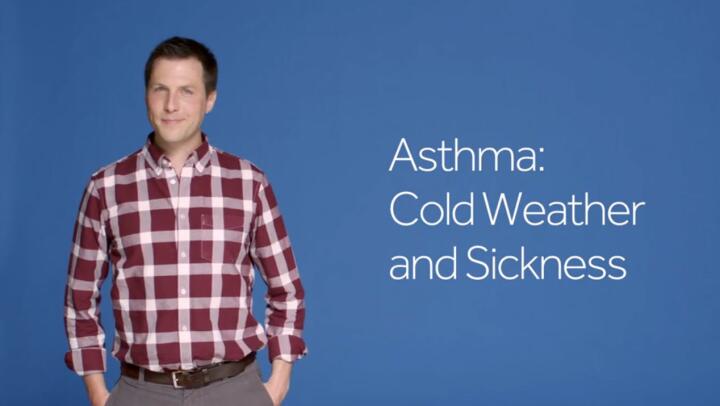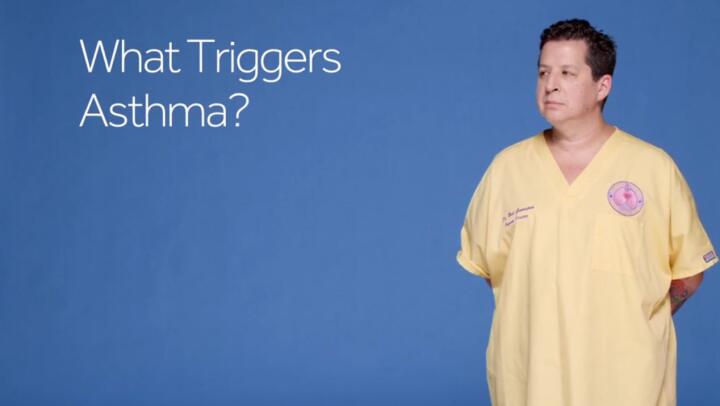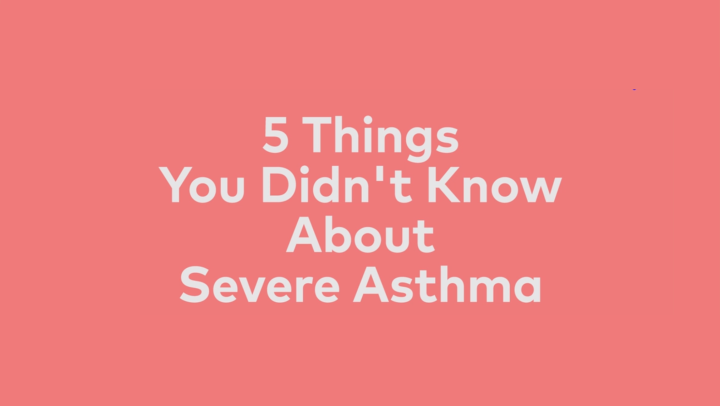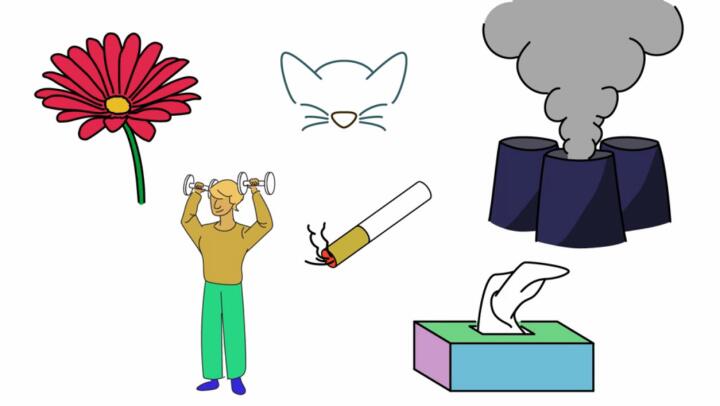If you avoid exercising because you have severe asthma, you’re not alone. Many people with severe asthma say it holds them back from exercising for fear of bringing on asthma symptoms or an attack. But everyone needs to exercise, even people with severe asthma. In fact, exercise may actually help improve your asthma symptoms.

Regular exercise helps strengthen your lungs, boosts your immune system and keeps your weight under control, all of which can help with breathing. One study shows higher levels of activity and lower levels of sedentary (inactive) time help improve exercise capacity and asthma control, and may lead to less general inflammation.
Since you need more air to exercise, many people with severe asthma do experience symptoms when exercising, such as coughing, chest tightness and shortness of breath. But there are steps you can take to make breathing easier and prevent asthma attacks, so you can enjoy the benefits of leading an active life.
Choose Your Favorite Activity
You may have no trouble beginning a new exercise, especially on a good day when your symptoms are under control. But the best way to stick to an exercise routine is to choose activities you enjoy. Most people with severe asthma can still participate in their favorite activities, from running, hiking and swimming to Taekwondo and gymnastics. Even some gentle stretching, a short walk or a leisurely game of badminton can be beneficial, giving you a boost of energy and improving your mood.
Try Yoga
Several studies show regular practice of yoga helps improve lung function for people with asthma (with slight benefits in breathing). It also helps with general relaxation and reducing stress.
Have an asthma action plan for exercise
Before you start any exercise regimen, talk to your doctor. He or she can help you develop an asthma action plan, which may include some of the following steps:
- Warm up properly for 6 to 10 minutes before you begin any exercise. Talk to your doctor or a certified trainer if you need help with stretching or exercise moves.
- Check for pollen and air quality before you exercise outside. If the pollen count is high, wear a face mask to avoid breathing in irritants. If it’s cold outside, a face mask can also help warm the air you breathe in. You can also cover your mouth and nose with a scarf while you exercise.
- Have your inhaler on hand and use it before you begin exercising. You should also have a cell phone handy in case you need to call someone for help.
- Always watch for symptoms before, during and after exercise. Be sure to watch for signs of an oncoming attack, such as breathlessness or wheezing. Stop and rest if you feel symptoms coming on.
- Exercise with a partner. If you are exercising with someone, let him or her know you have asthma and what they should do if you have an attack.
- If you do have symptoms, treat them quickly with your inhaler. The sooner you treat an attack, the less severe it will be, and the less medication you’ll need.
Take it slow
Everyone with asthma has a unique set of symptoms and challenges, so take it slowly and monitor your reactions to different exercises. Choosing the right activity will depend on your triggers, symptoms and overall energy level. Be patient with yourself. If you’re not feeling up to exercising on a particular day, don’t sweat it. Simply make a commitment to get back to it once you’re feeling better and your symptoms are under control again.






















